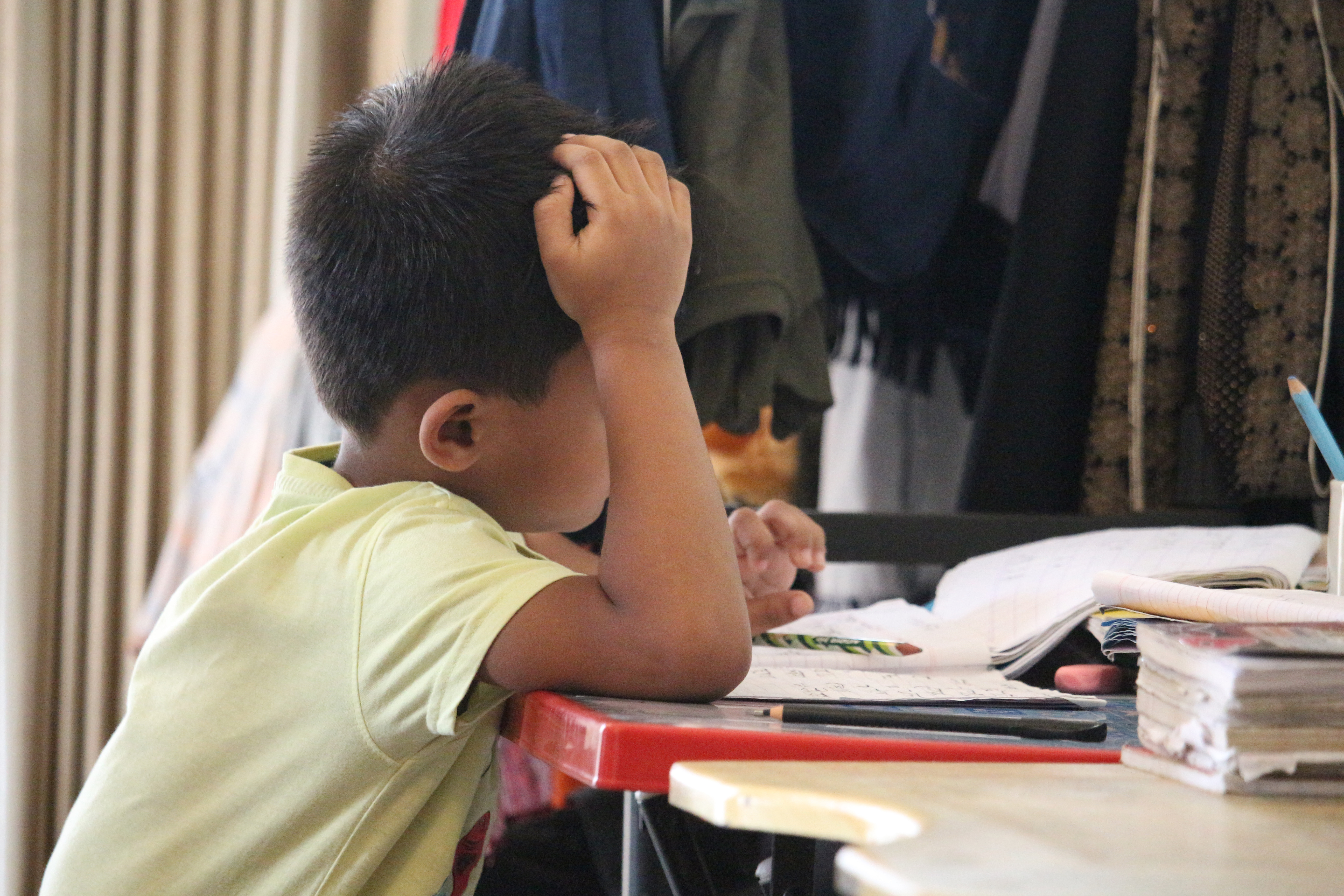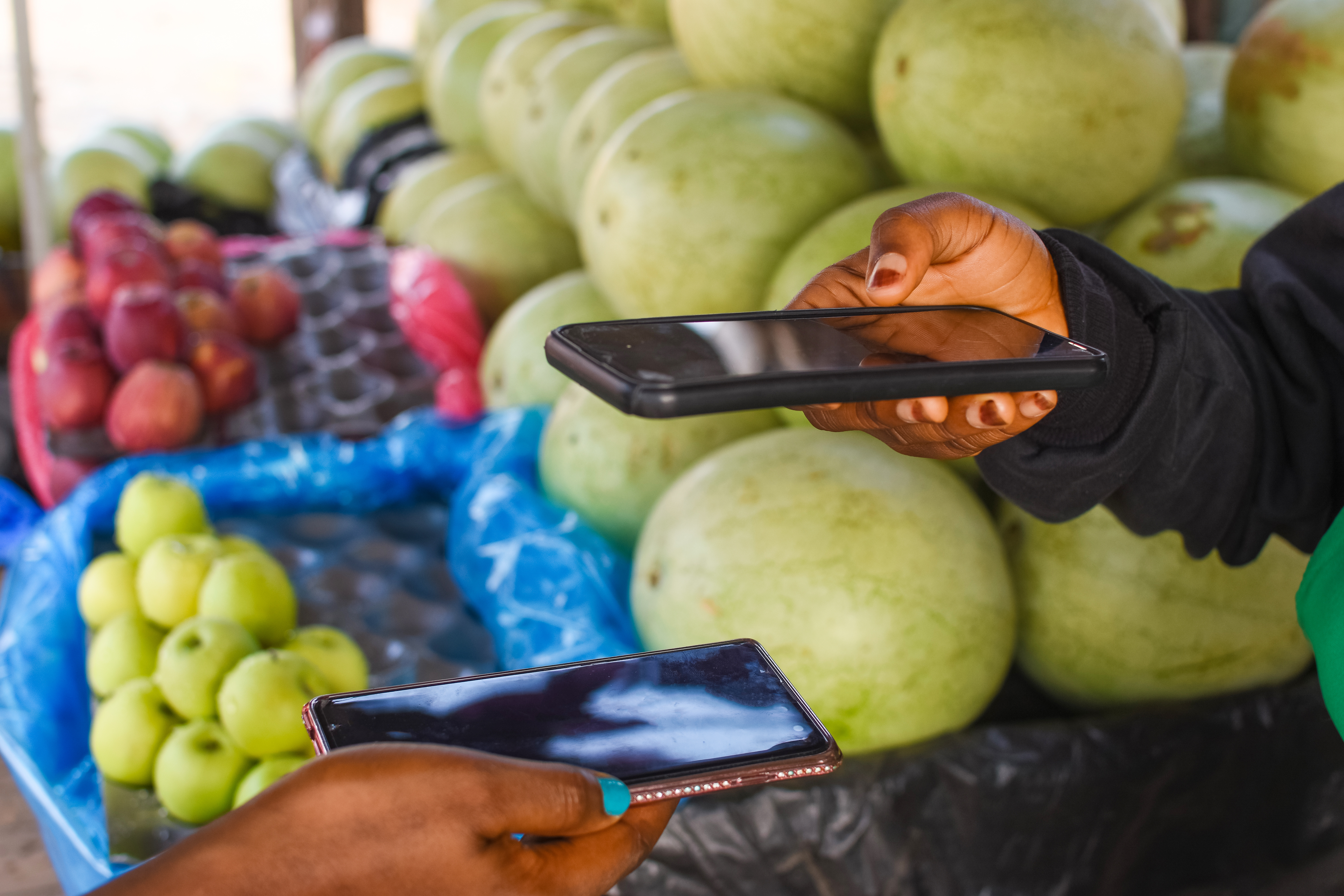Recommended
The COVID-19 pandemic has underlined the need for a universal and portable social protection system that can uniquely verify people and deliver benefits efficiently and at scale. With few exceptions, most developing countries have a patchwork of social assistance programs that are targeted and delivered to its beneficiaries. In most cases, the programs are not portable, meaning those who live and work in a place other than where they are registered—like many who have migrated domestically for work—are unable to access benefits. As a result, strict lockdowns enforced to contain the spread of the coronavirus have resulted in distress and tragedy at a scale rarely seen before, especially for urban migrants. This has led to calls for a better, more flexible system of social transfers that can quickly identify and deliver relief to those who fall through the cracks, including the ‘new poor’ who have lost their livelihood as a result to the pandemic response.
In an earlier blog post, we argued that developing countries should use existing social protection systems to scale up relief measures for the immediate crisis. The initial fear of coronavirus has decreased slightly and more countries have slowly restarted economic activities, but the threat of continued disruption and dislocation remains. It is therefore important to learn lessons from the initial experience, and build more responsive, robust, and resilient systems that can rapidly respond to crises and mitigate risks to life and livelihoods.
We believe governments have the tools to build such systems, by leveraging existing resources and technologies. What is needed is the will to do so.
Moving to portable and universal benefits
As the COVID-19 crisis unfolded, it became clear that governments needed to provide immediate assistance in the form of food and money. With countries under lockdown, the source of livelihood for millions of poor families disappeared, increasing their dependence on social assistance for their immediate survival. As governments were galvanized into action, they found it difficult to identify who needed assistance and how to get it to them.
The scope and scale of the economic impact made it clear that the pattern of relief had to be different from business-as-usual. With peoples’ movements curtailed, food had to be made available quickly— keeping in mind the health restrictions in place. This turned out to be a daunting challenge, even for countries with an existing system of in-kind distribution of food, such as India and Egypt.
Following the imposition of the lockdown measures on March 24, the Indian government announced that foodgrains would be distributed free-of-cost for three months through the Public Distribution System (PDS). Survey data indicates that nearly 55 percent of eligible households received their entitlement within two weeks of the announcement. However, it soon became apparent that rural-to-urban migrants were largely left out due to the lack of portability of PDS benefits between the place of registration and the current place of residence. Fear of hunger forced many to undertake perilous journeys back to their home villages, as several reports have documented.
One lesson emerging from the COVID response in India is the immediate need to make in-kind distribution of food follow the beneficiary, rather than be tied to the place of registration. It is in this context that the Government of India’s announcement of a “One Nation – One Ration Card” (ON-ORC), rolling out in March 2021, is a step in the right direction. An important consideration is how to harmonize the variations in eligibility, benefits, and delivery that now exist across central and state governments in India.
Previous initiatives to enable portability within Indian states like Andhra Pradesh can serve as a useful guide. Our own research has shown that portability empowers beneficiaries to choose providers on the basis of quality of service delivery, in addition to providing greater flexibility to intra-state migrants who were disadvantaged by the earlier system. Twelve percent of respondents in our survey in Krishna district reported actively using portability. Among those who have used the facility, 82 percent viewed the option positively, and nearly half cite the geographic flexibility if they are away from their home location as the main benefit. On the supply side, we also found considerable support for the move, with 87 percent of fair price shop owners (part of the PDS ration system) are of the view that portability is good for them because of the added flexibility and ability to attract more customers.
This was still the business-as-usual world. While portability might address the problem of access to food for those who are eligible, it will not resolve the issue of eligibility itself. Nearly 60 million people worldwide are at risk of falling into poverty due to the disruption caused by COVID-19, most of whom are in developing countries like India. When livelihoods are suddenly disrupted, a safety net that is universal will work more effectively than one that is targeted. This is true not only for the current pandemic but also to mitigate the impact of the extreme weather events that are becoming increasingly common as a consequence of climate change.
For governments, there are important tradeoffs to consider between the costs and benefits of expanded eligibility and access to social assistance. But over the long term, countries have no choice but to put in place a system of social protection that is flexible, can scale up quickly in times of crisis—and save lives and livelihoods of the most vulnerable.
Disclaimer
CGD blog posts reflect the views of the authors, drawing on prior research and experience in their areas of expertise. CGD is a nonpartisan, independent organization and does not take institutional positions.






